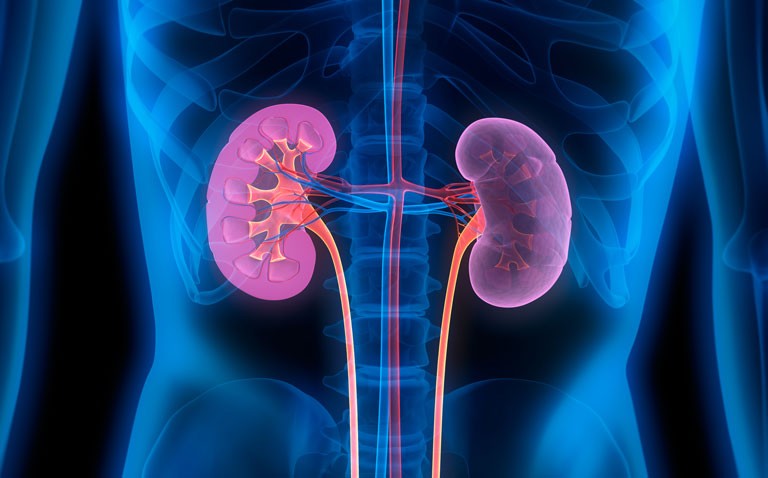Even after a third COVID-19 vaccine dose, only half of kidney transplant patients developed a sufficient antibody response to vaccination.
Among immunocompromised individuals such as kidney transplant patients, a single COVID-19 vaccine dose has been found to elicit a sufficient response in only 17% of individuals. Furthermore, after a second dose, the response only increased to 54%. With evidence of a lower immune response to vaccination, the French National Authority for Health issued a recommendation in April 2021, that immunosuppressed, recent bone marrow transplant, those on dialysis, and patients with autoimmune diseases who did not respond after two doses of a COVID-19 vaccine, should be offered a third dose.
Given the evidence that even among kidney transplant patients who are fully vaccinated, severe COVID-19 can develop, a team from the Department of Nephrology and Transplantation, Strasbourg University Hospital, France, set out to assess the response to a third vaccination among kidney transplant patients who had an inadequate response to a second vaccination dose. The team examined the effect of the mRNA-1273 (Moderna) vaccine and included all kidney transplant patients who had no prior history of infection with COVID-19 and had anti-spike IgG antibody levels less than 50 arbitrary units, one month after administration of the second vaccination dose. They set a minimum antibody titre level of 50 units, so that any responses above this level could be considered as positive.
Findings
A total of 159 kidney transplant recipients with a median age of 57.6 years (61.6% male) and a median time from transplantation of 5.3 years were included in the analysis. After the second dose of vaccine, 59.7% (95) of patients had not generated an antibody response and the remaining patients showed a response below the positivity limit (6.8–49.9 units). The third vaccine dose was administered a median of 51 days after the second dose and the antibody response was then measured approximately 28 days after this third injection. However, at this time-point, only 49% of patients had antibody levels above 50 units. In addition, a response to the third vaccination was much more likely among those who had developed a response to the second dose (81.3% vs 27.4%, p = 0.01, second dose responders vs non-responders). The results also showed how kidney transplant patients prescribed a combination of tacrolimus, mycophenolate and steroids, were much less likely develop a response than those treated with other regimes (35% vs 63%, p = 0.006). No other factors such as sex, years since transplantation, or serum creatinine levels, had an effect on the development of an antibody response.
The authors reported on how despite three vaccination doses, 51% of kidney transplant patients failed to generate a positive antibody response and that this was more likely among those prescribed a triple therapy regime and concluded that kidney transplant patients should be offered a third vaccination dose.
Citation
Benotmane I et al. Antibody Response After a Third Dose of the mRNA-1273 SARS-CoV-2 Vaccine in Kidney Transplant Recipients with Minimal Serologic Response to 2 Doses. JAMA 2021










